Posted on Jan 17, 2018 in STEM in the Outdoors
1 Comment

Eclipses are one of the most beautiful celestial events to watch, both with unaided eyes or with optical instruments. There are eclipses of the Sun and Eclipses of the Moon. While one needs to be very careful while watching a Solar Eclipse, Lunar Eclipses are absolutely safe to watch. Go through this article to find out the best circumstances to view this Lunar Eclipse.
What is a Lunar Eclipse?

(Image source :NASA)
A Lunar Eclipse is caused by the alignment of Sun, Earth and the Moon in the given order. The alignment has to be precise and even if its off by fraction of a degree, a Total Lunar Eclipse could become a partial one (no blood moon basically). The white light of the Sun passes through the atmosphere of the Earth and gets scattered and absorbed. Only red light (and spectrum close to it) gets through, giving the Moon its characteristic red colour during an eclipse.
What is so special about this eclipse?
A Lunar Eclipse can happen only on a full moon day and the eclipse on 31st January 2018 is also on a date when the moon is closer to the Earth than usual during a full phase a.k.a Super Moon. Another speciality of the this full moon is that it is the second full Moon of the month a.k.a Blue Moon.
So,
ALL ON THE SAME DAY.
You don’t wanna miss it for anything. Get those telescopes and binoculars out.
How to view the Lunar Eclipse?
Before you start cleaning the dust off the equipment, you need to know if you can see the eclipse from where you are or not. Here is a map released by NASA to help you find your circumstances according to your location.
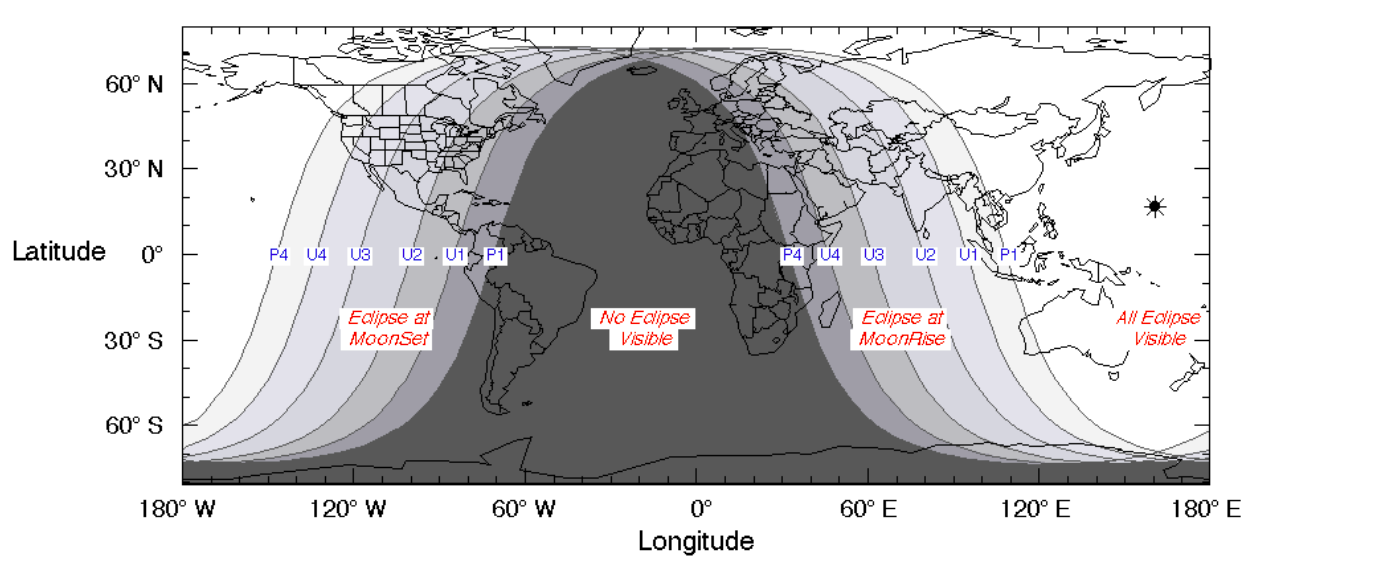
(Image source :NASA)
The map is really simple to understand.
The moonrise and moonset times for your location can be found HERE .
The timings are as follows:-
You can use the following optical instruments to watch the Eclipse:-

(Image by :Mike Mezeul II)
Click HERE to visit to the NASA eclipse page and find out more about eclipse in the past and the future. Eclipses are a regular affair and including solar eclipses there are a minimum of 4 eclipses in every calendar year.
__
EdTerra Edventures conducts various international and domestic programs for the youth. If you go to school and are under 17 years of age, ask your school to contact us to arrange a visit to your school for an introduction to the “Astroquest” and other journeys under EdTerra’s Astronomy Programs.
For queries call +91-11-48885800 or visit EdTerra Browse Journeys page to know more about the programs we offer to school students.
Rishabh Jain: Popularly known as ‘astronomy guru’ to friends and colleagues, Rishabh has an asteroid discovery to his credit. From computer language, he moved to the language of astronomy and astrophotography, his work having featured on BBC Earth and Universe Today. He writes on the subjects of science and technology, and conducts science based programs at EdTerra.
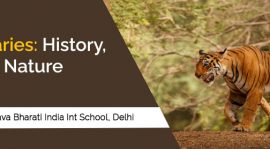
Our educational and fun...
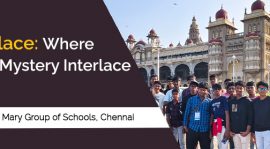
Mysore Palace, also called...

This blog is about...
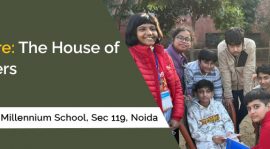
Ranthambore, known for its...
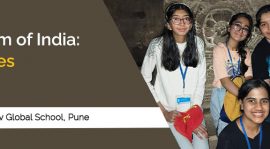
The Ajanta caves are...

There was a time...
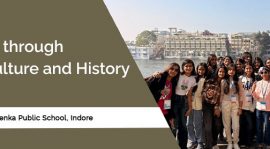
Exploring Udaipur was a...

Have you ever thought...

Have you ever thought...

Have you ever thought...
See What Our Edventurers Experience!